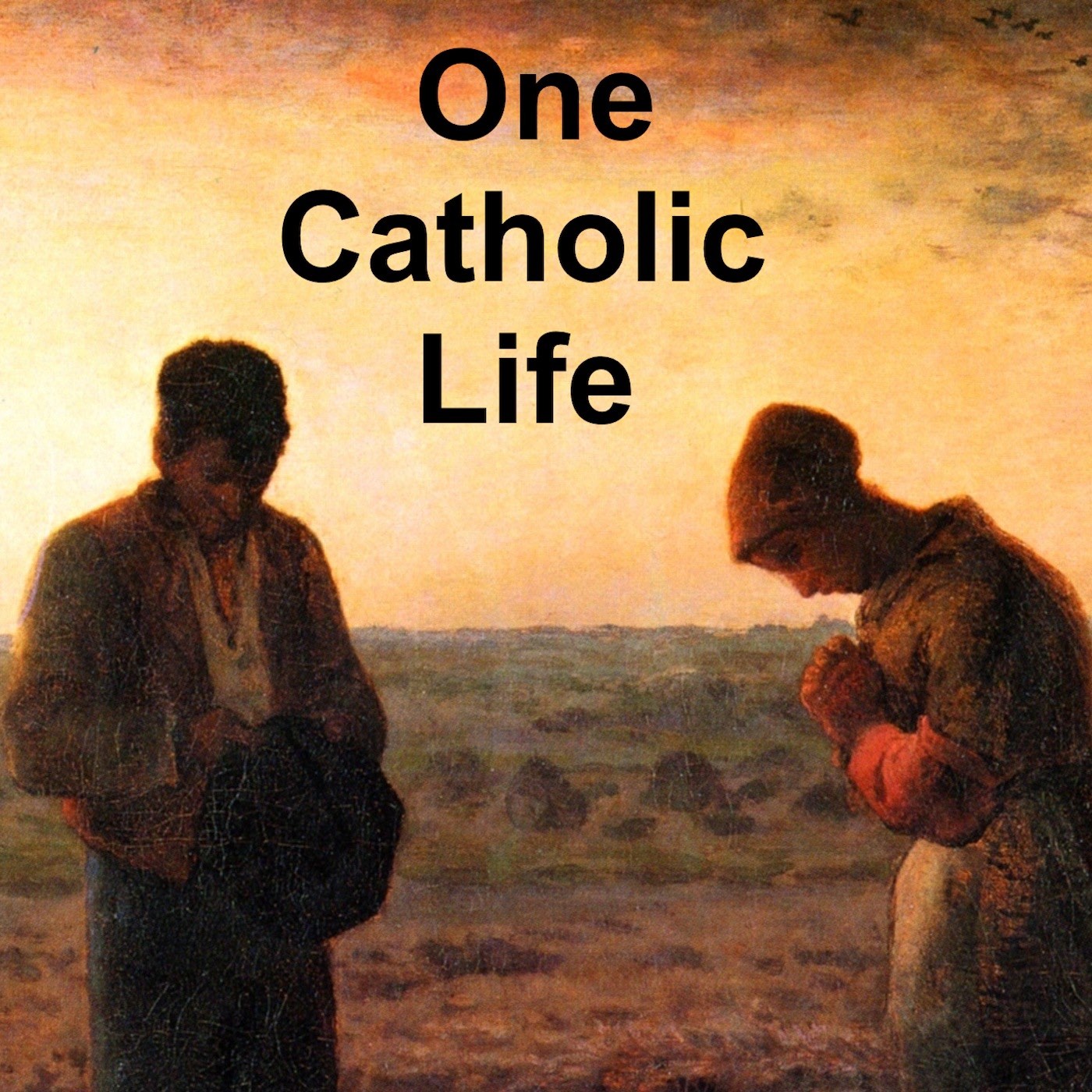In Your Own Words – Homily for the 12th Sunday in Ordinary Time – Year C
Description
One of the most dreaded phrases
in classrooms everywhere is
“in your own words.”
“Explain the causes of the Civil War in your own words.”
“Describe the process of photosynthesis in your own words.”
Teachers love the phrase because it requires students
to do deep thinking;
and students dread the phrase,
because it requires them to do deep thinking.
It may seem cruel of me to be talking about school
so soon after summer vacation has begun,
but I only bring it up because of what happens in today’s gospel.
Jesus is ending one stage of his ministry,
and he’s giving his disciples a kind of oral mid-term.
This is a turning point in Luke’s gospel.
Jesus is about to begin his long journey
toward Jerusalem and the cross.
Before that happens,
he wants his disciples to be clear about who he is.
And so first Jesus prays in solitude.
In Luke’s gospel, this is always the signal
that something important is about to take place.
This is a key event,
not only for Jesus’ disciples in this gospel,
but also for us, Jesus’ disciples here and now.
And so for this mid-term test,
Jesus begins with an easy question:
“Who do the crowds say that I am?”
That’s just a matter of simple recall.
You can almost see the disciples raising their hands.
“John the Baptist, some say;
others say Elijah;
still others, one of the prophets.”
Maybe the disciples begin to feel a little proud of themselves:
“See, we’ve been paying attention.”
But then Jesus asks the tough question:
“But you, who do you say that I am?”
What he means is,
“You who walk with me and live with me,
you who know me,
Who do you say that I am? In your own words.”
Jesus asks the same question of each one of us.
We might reply
the Son of God,
the New Adam,
the Lamb of God,
my Lord and Savior.
Or maybe we would would borrow some of the great answers
that have come down through the ages
from saints, poets, theologians, and authors*:
In the Litany of the Sacred Heart
Jesus is the House of God and Gate of Heaven.
Fr. Eugene Boylan calls him This Tremendous Lover.
For poet Francis Thompson he is The Hound of Heaven.
To C.S. Lewis he is Aslan, the Lion of Narnia.
Bach called him The Joy of Man’s Desiring.
For Pope John Paul II he is a mirror in which we can see who we are.
Those are all excellent answers,
but they’re not in our own words.
That would be cheating.
Jesus wants the answer in our own words,
not repeated from memory or found in a book.
Peter didn’t read his answer in a catechism;
his answer came through his personal encounter with Jesus.
He saw Jesus work and heard him speak,
and so he was able to say,
“You are the Christ of God.”
Jesus wants our own answer
to be based on our personal relationship with him.
Our answer doesn’t have to be poetic.
It doesn’t even have to be completely right.
Peter’s answer was incomplete—
he correctly called Jesus the Christ,
but he had little idea that it meant Jesus would suffer
and then die on a cross.
We don’t need to worry about flowery language
or getting things just right.
We only need to be honest.
But it can be hard to come up with our own answer
especially since we’ve heard all the other answers so often.
More Episodes
We are given very powerful readings today,
powerful individually and powerful collectively.
And at the heart of them all is a line by St. Paul
in his letter to the Romans:
“…be transformed by the renewal of your mind,
that you may discern what is the will of God,
what is good and pleasing...
Published 09/04/23
Published 09/04/23
It’s a sad fact of history
that the largest religious community
that ever lived together in the same place
in the history of the Catholic Church
was at the Dachau concentration camp in Germany during World War II.
Over 2,500 Catholic priests became prisoners in Dachau,
in Cellblock 26,...
Published 02/13/23


